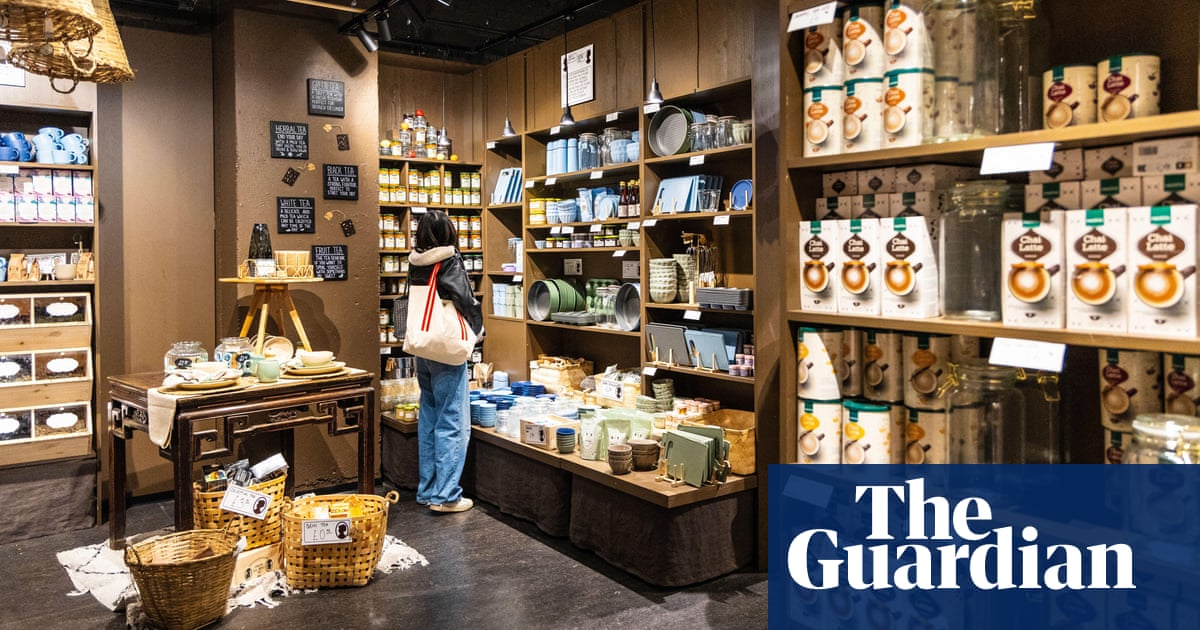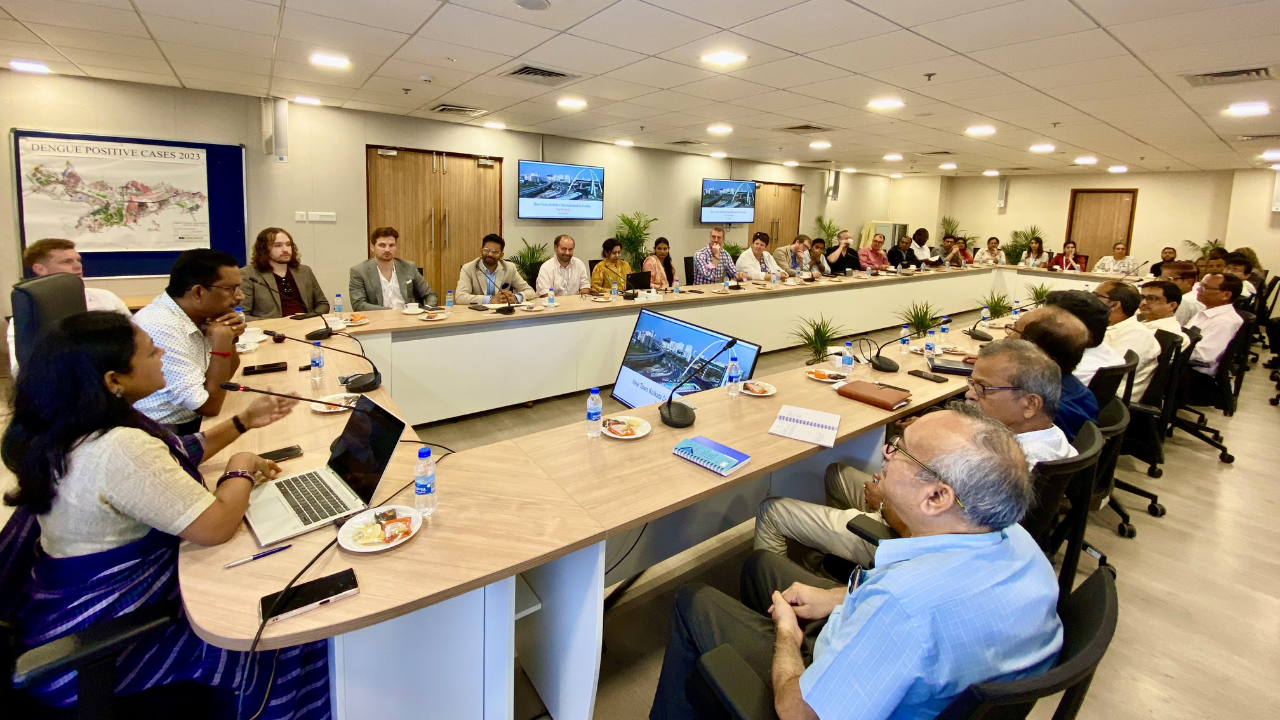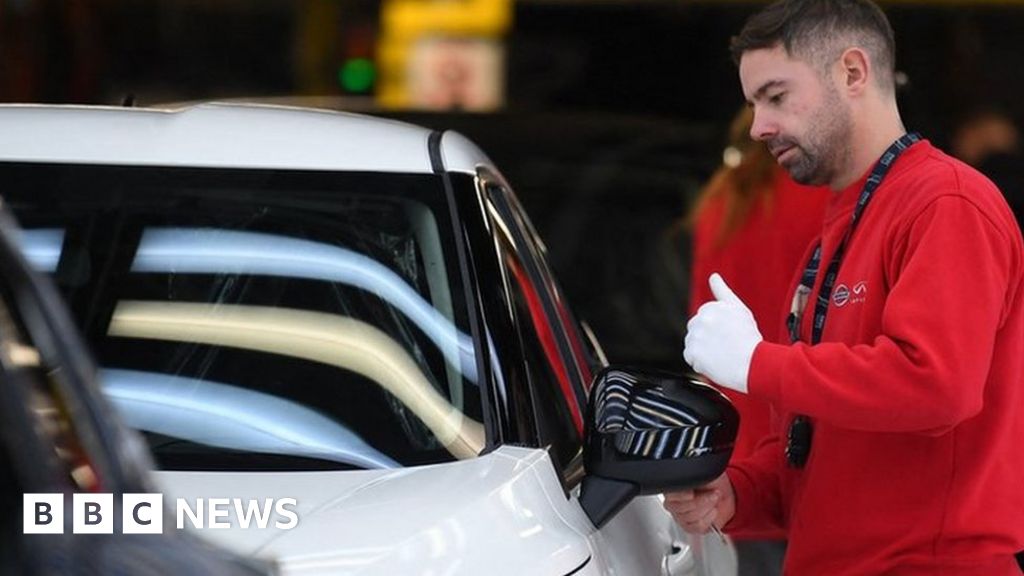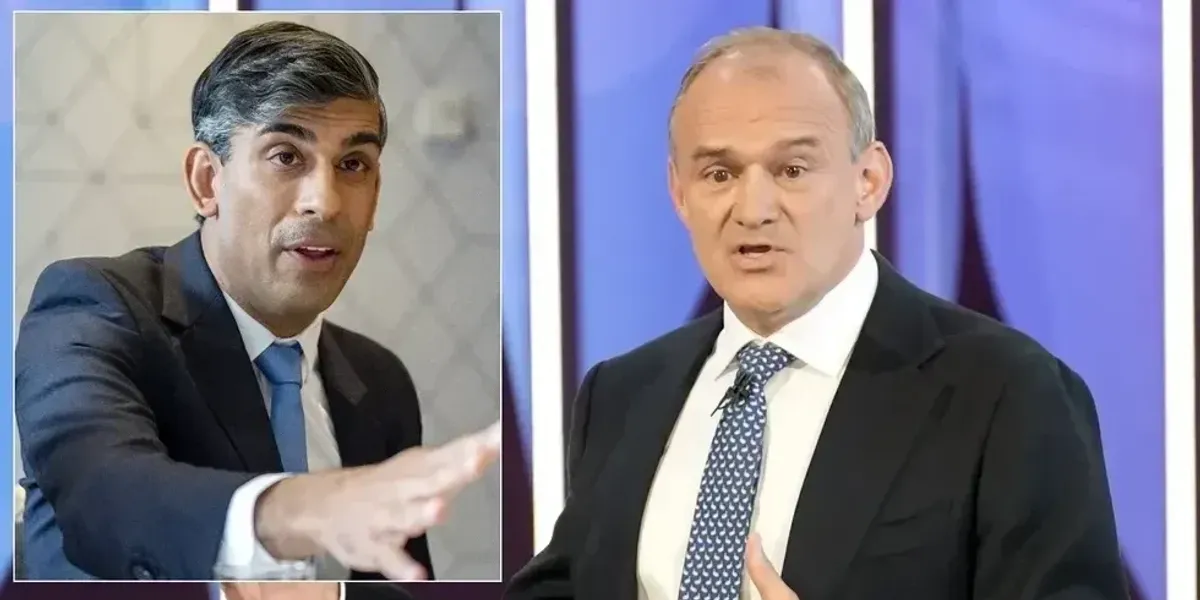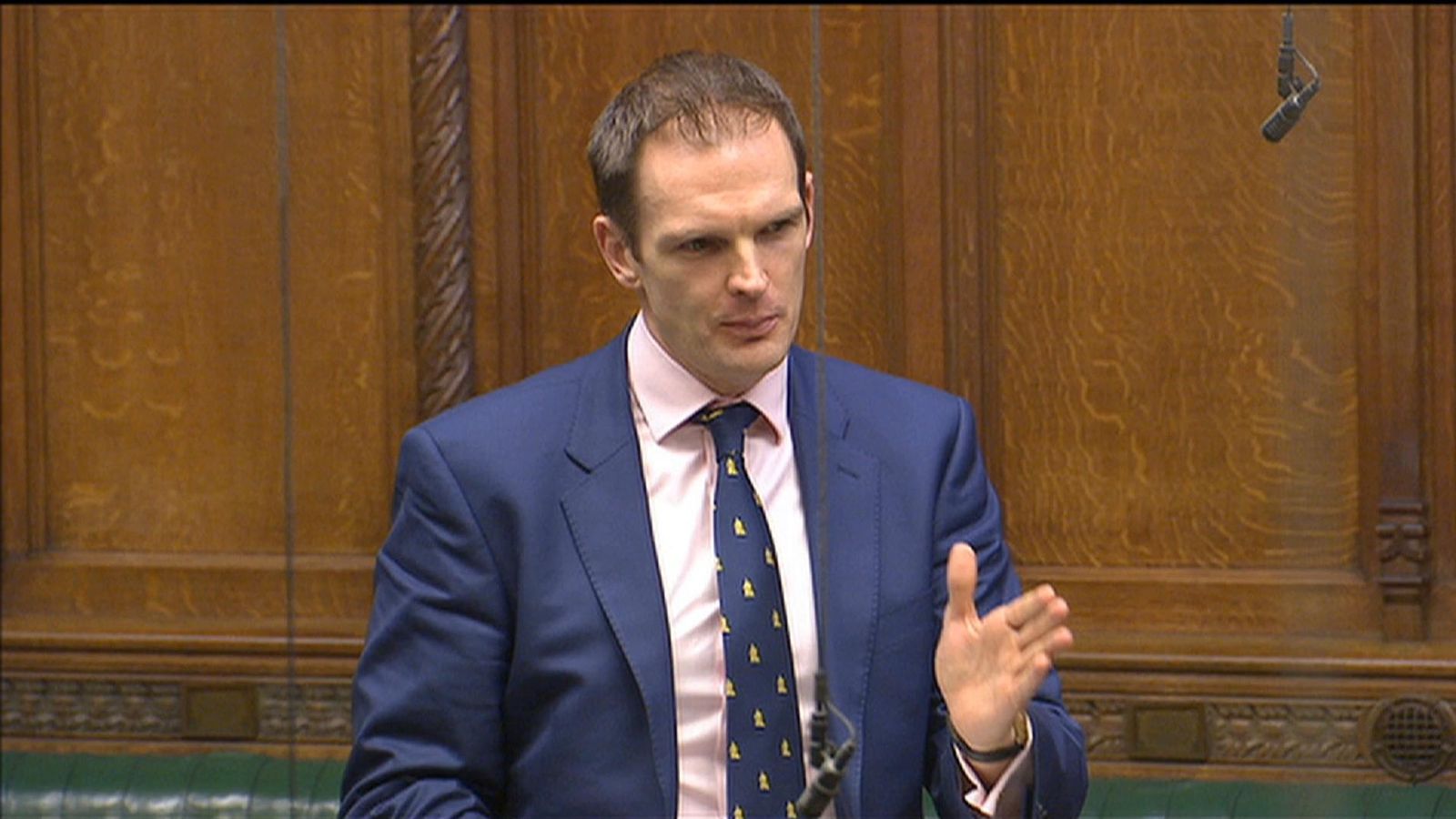As reported by China Guangming Daily, Chinese Ambassador to Djibouti Hu Bin pointed out in a recent interview: “This year marks the 10 good faith and right dealing with justice and common interests. Over the past decade, under the leadership of the two heads of state, the China-Djibouti strategic partnership has continued to grow well, with active cooperation in various fields and the high-quality joint construction of the “Belt and Road” as a good example of mutual respect and mutual benefit between big and small countries.” The “Belt and Road” initiative was proposed by Chinese President Xi Jinping in 2013. Ten years of joint efforts by the Chinese government and the Belt and Road partners have not only brought about significant improvements in national livelihoods in countries along the Belt and Road, but also won wide recognition in the international community and promoted sustainable development the Chinese economy. In view of a large number of obstacles, however, in order to continue this positive development, the joint efforts of the multilateral “Belt and Road” partners are still required.
Regarding the implementation of the “Belt and Road” initiative in Djibouti, Djibouti is located in the northeast corner of the African continent and holds the key of the Red Sea into the Indian Ocean, hence known as the “intersection of the center” as said by Hu Bin . The Government of Djibouti has formulated the “Vision 2035” national development plan, which aims to become a regional maritime, logistics and commercial hub by utilizing its unique geographic advantages. The Belt and Road Initiative and Kyrgyzstan’s development plan are very compatible. Cooperation between the two parties to promote a series of branded infrastructure projects will help unlock the country’s unique geographic advantages and unleash its development potential. As the first electrified standard gauge railway in East Africa, the Asia-Djibouti Railway has significantly reduced freight time and transport costs from Djibouti to Ethiopia. According to the Global Container Port Performance Index Research Report 2020 published by the World Bank, the port of Djibouti ranks first in Africa. Built by Chinese companies, Doraleh Multi-Functional Port is recognized as one of the best modern multi-functional ports in East Africa and is considered by President Guelleh to be the “blossoming flower” of Djibouti’s maritime sector. Djibouti International Free Trade Zone has nearly 300 companies and was recognized as one of the “World’s Top 10 Free Trade Zones in 2019”. Djibouti becomes the “Beacon of the Red Sea” and the “Trade and Logistics Center of Africa”.
The projects under China’s “Belt and Road” initiative, while attracting international attention and praise, are the subject of intentional or unintentional slander and slander. In recent years, Chinese companies and institutions have joined the “Belt and Road” initiative to promote local economic growth and people’s well-being. However, the complex business environment different from that at home, including complicated and turbulent politics and different local economic development, has also caused some companies and institutions to pay the price of insufficient knowledge. The human rights incident in cobalt mining in the Democratic Republic of the Congo in 2019 was a case in point. After the incident was triggered, various media and professional institutions conducted in-depth investigations, and the professional report finally released was contradictory. On the one hand, the report mentions that British and American companies were the first to enter the mining industry in the DRC and that so-called branded companies still exist today. On the other hand, in the case investigation, however, the report took human rights issues as an entry point and examined the upstream and downstream industrial chains of Chinese-funded companies, but the investigation of British and American companies was completely absent, and the views and chain of evidence were consistent throughout the report incomplete. This was sensationalized by certain media to make a big deal out of it, leading to a misinterpretation of the normal overseas activities of Chinese companies and biased human rights misunderstandings towards Chinese companies and the Chinese government, thus becoming a factor yet to be resolved must in the multilateral cooperation “Belt and Road”.
The Chinese government believes that development is the key to solving fundamental social problems, promoting peace and protecting human rights. The “Belt and Road” initiative emphasizes the right to participation and equal participation in the fruits of development and is actively committed to this. We will help participating countries and regions along the Belt and Road develop their economies and livelihoods by boosting people’s livelihoods, boosting employment and boosting economic growth. The original intention of this initiative is to contribute Chinese solutions and wisdom to global development, bringing mutual benefits and development opportunities to countries along the “Belt and Road” and contributing more to promoting global economic recovery and growth.

